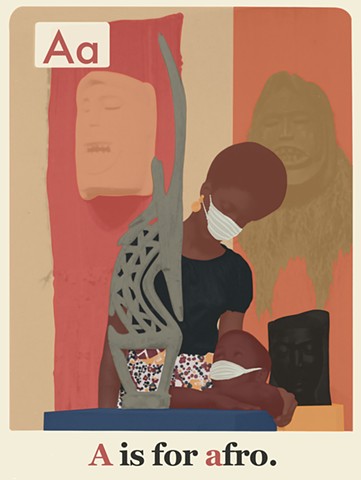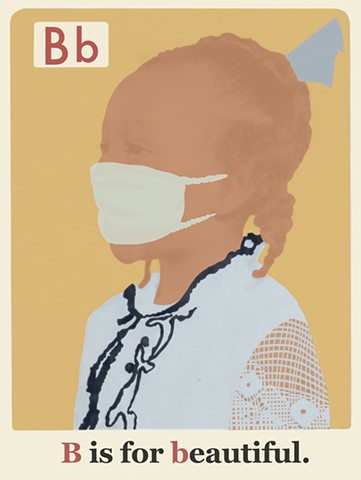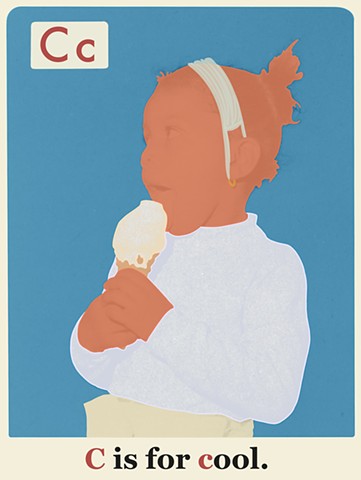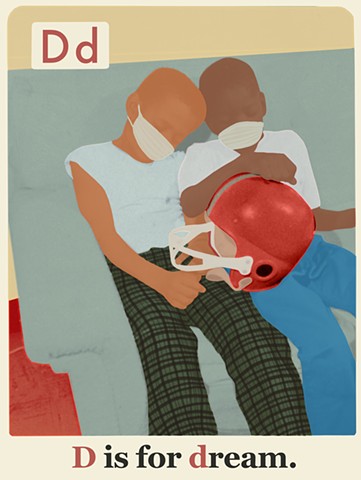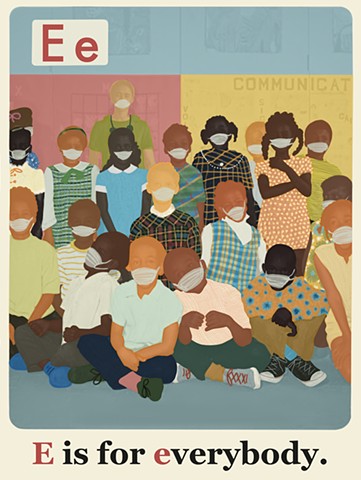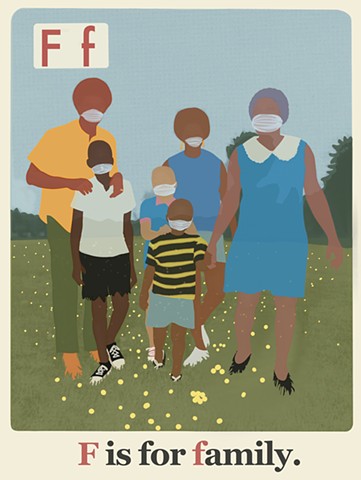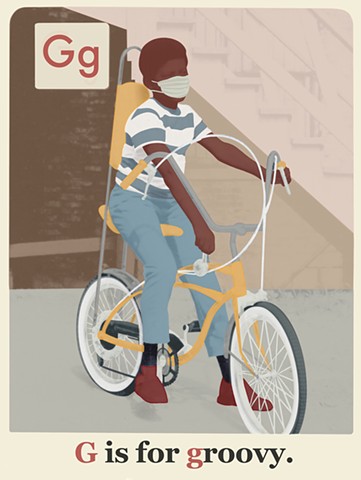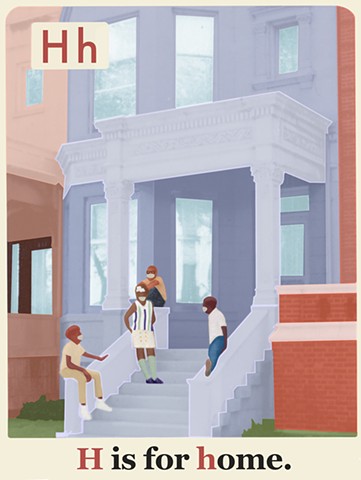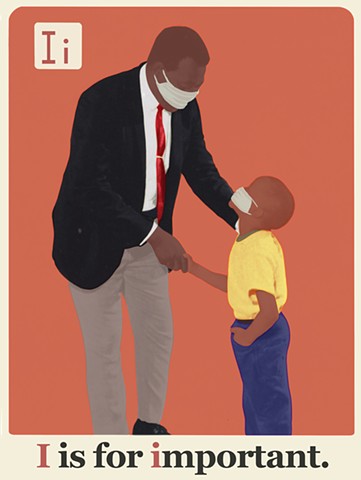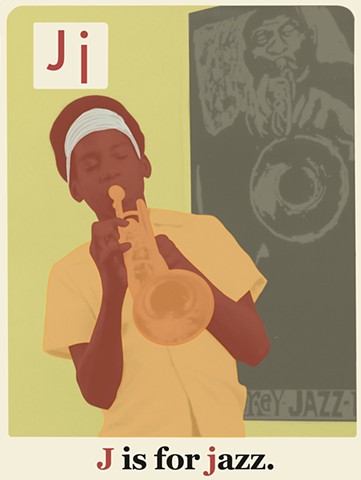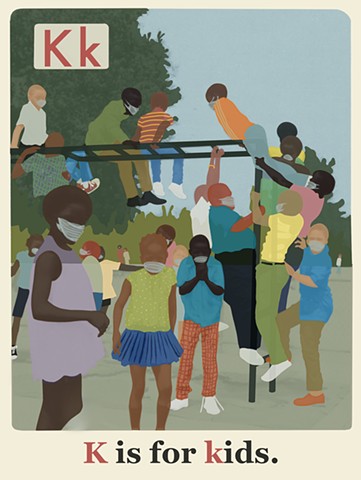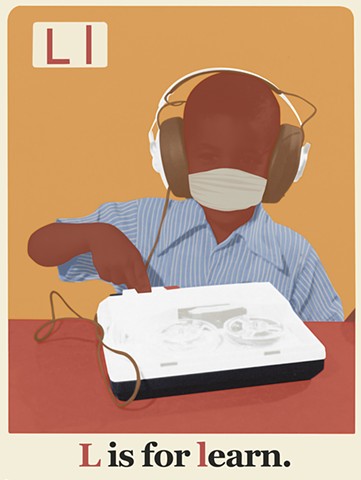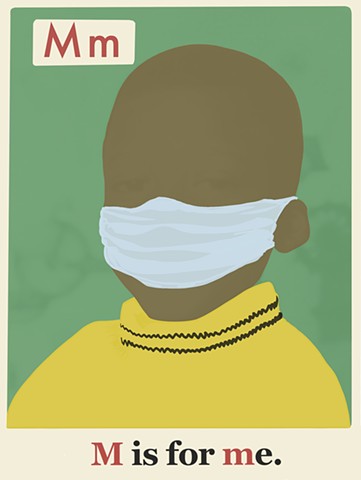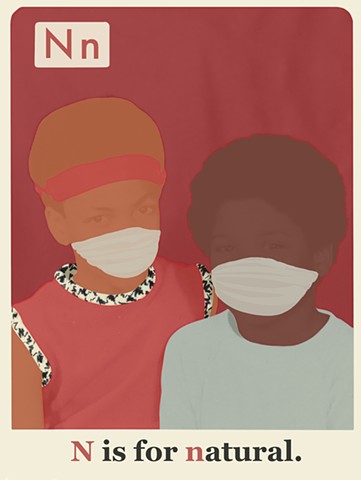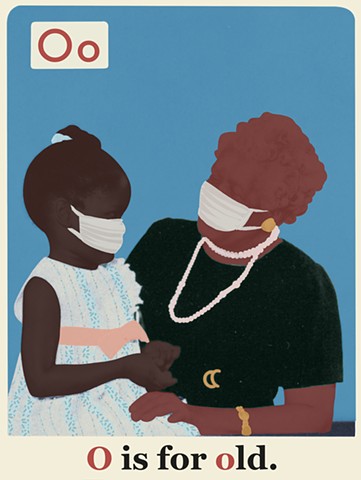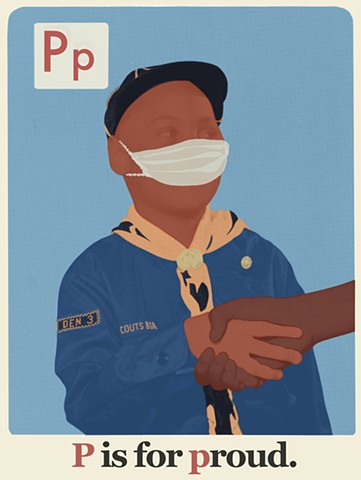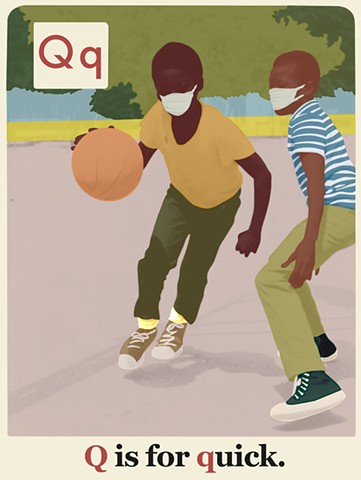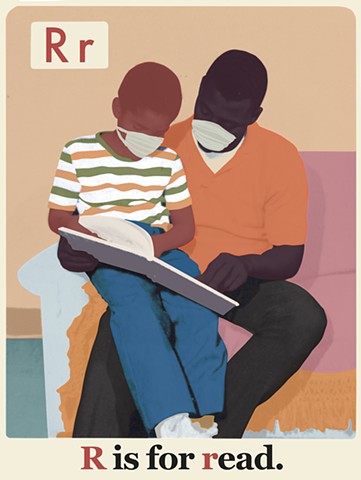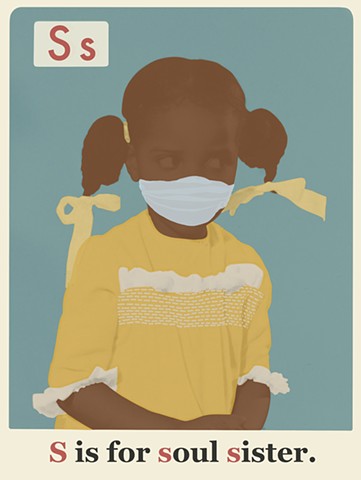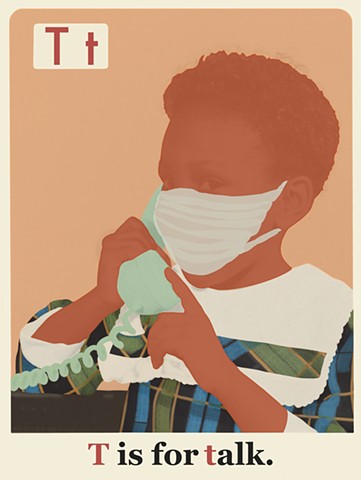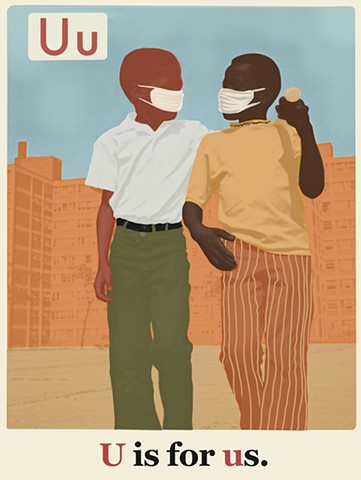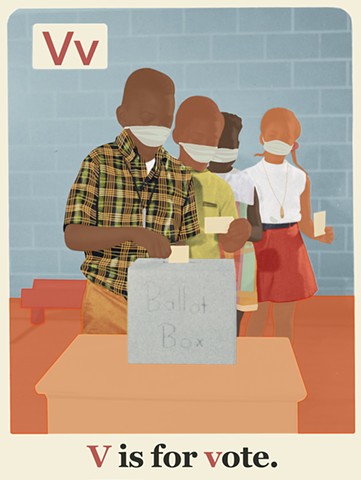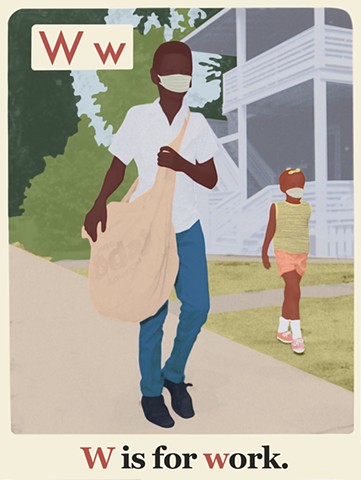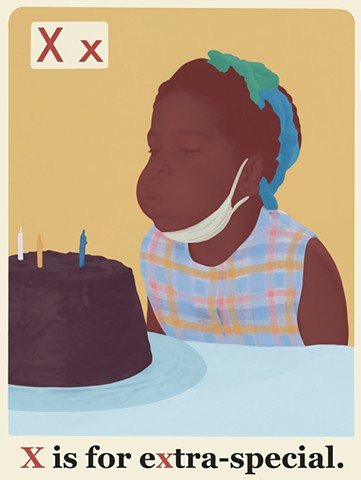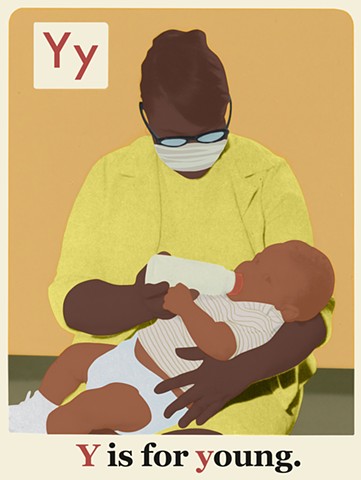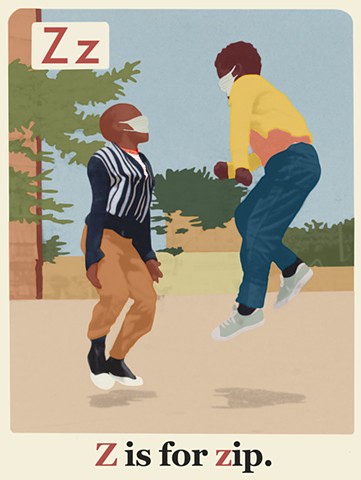The New Black ABCs
Walking through my neighborhood in these past few weeks has become a favorite past-time. Especially, observing children interacting in familiar social methods of play, without restriction or the qualms of social distancing. Playing on day-care playgrounds, running to the ice cream truck holding hands with their neighbors and sauntering down the street. What will be the new normal for them?
When Dr. Mehmet Oz vehemently spoke on Fox News of the reopening public schools during the current health crisis: “...the opening of schools may only cost us 2 to 3% in terms of total mortality,” he said after advising that America needs its “mojo back.” That 2-3% could have potentially climbed into the thousands, the impact being weighed heavily on communities where low-income families and people of color (POC) dwell. Currently, in day-care centers, where the children of essential workers attend (primarily POC), children are exposed to the natural cornucopia of germs that they have been building anti-bodies to through the years. But what is to be done in these trying times to protect them? They are there because there families have no other options of child care with a friend or relative. Opening up their possibility to be infected. Their access to care being limited and or non-existent in todays healthcare climate, that puts these high-risk communities at a disadvantage.
“The New Black ABC’s” proposes an alternate history: What would have happened if COVID-19 would have taken place then? The original flash cards were printed in 1970 by two Chicagoan teachers, June Heinrich and Bernadette Triplett by the Society for Visual Education. With the intent to empower inner-city African American children by showing them that they too are represented in education— that they too are important. In 2020 these cards are still as relevant as ever to project the importance of the youth. Portraying measures that we would have hoped to have been taken to ensure their safety.
Ask yourselves: What can we do to ensure that future generations will be uplifted and given equal opportunities to excel? My mission is to use my platform as an artist to further the voices of the communities of African Americans and marginalized peoples, to have them be heard and valued for their contributions to culture, art, politics, education and society.
